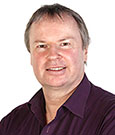
Peer Bork
EMBL Heidelberg, Germany
EMBL Workshop
The human gut microbiome is a complex microbial ecosystem with well-established links to human health and disease. As a “genuine human organ” with many more genes than the rest of our body and far-reaching interactions, from the immune system to the brain, the gut microbiota offers unprecedented opportunities for controlled modulation in personalized health efforts. Such applications heavily rely on our ability to map causal effects, and on discovering the underlying molecular players (genes, proteins, metabolites) and mechanisms.
In the past two decades, data-driven research has revealed a remarkable stability, diversity, genomic richness and individuality for the human gut microbiome. Yet, our current view on its functional capacities and its interplay with the host remains mostly descriptive, often lacking molecular understanding. As the field is now striving for causality and mechanistic insights towards a deeper understanding of the microbiome-human health links, these efforts are hindered by the lack of model gut microorganisms and foundational functional knowledge. Our current knowledge of bacterial gene functions, pathways and cellular architecture stems from very few model bacteria, which fail to capture the phylogenetic and genetic diversity of the gut microbiota. As a consequence, the vast majority of genes in the gut microbiome remain “dark matter” with respect to function, that is of elusive or completely unknown function.
This workshop aims at fostering discussion and charting a framework on how we can systematically tackle this vast dark genetic matter in the human gut microbiome by selecting and establishing new model microbes. What tools and approaches are needed? What knowledge will propel microbiome research and help to dissect correlative from causal links, reveal underlying molecular mechanisms and ultimately, to progress to health applications? A targeted group of participants has been invited to discuss and plan initiatives that can help creating this foundational knowledge towards transforming the field and providing a roadmap for targeting other microbial ecosystems.
| Time | Speaker | Location |
|---|---|---|
| 12:00 – 13:30 | Registration and lunch | Operon Registration Desk, ATC Foyer |
| 13:30 – 14:00 | Opening remarks | Large Operon |
| 14:00 – 15:30 | Session 1: Data-driven functional discovery Talks: Peer Bork, Pedro Beltrao, Ami Bhatt, Nicola Segata Panel: Eran Segal, Jeroen Raes, Isabel Gordo, Thomas Lemberger | Large Operon |
| 15:30 – 16:00 | Coffee break | Operon Foyer |
| 16:00 – 17:30 | Session 2: HT Reverse Genetics & Genetic tools for Gene Function Talks: Laurie Comstock, David Bikard, Adam Deutschbauer, Csaba Pal Panel: Nassos Typas, Carol Gross, Victor Sourjik, Nonia Pariente | Large Operon |
| 117:30 – 18:00 | Coffee break | Operon Foyer |
| 18:00 – 19:30 | Session 3: Multi-Omics for Gene Function Talks: Jörg Vogel, Mikhail Savitski, Michael Zimmermann, Markus Ralser Panel: Uwe Sauer, Paul Wilmes, Caroline Ash | Large Operon |
| 20:00 – 23:00 | Dinner in Schloss |
| Time | Speaker | Location |
|---|---|---|
| 09:00 – 10:30 | Session 4: Visualising Functional Units Talks: KC Huang, David Berry, Martin Pilhofer, Julia Mahamid Panel: Orsolya Barabas, Mathias Wilmanns, Tâm Mignot, Sri Narasimhan | Large Operon |
| 10:30 – 11:00 | Coffee break | Operon Foyer |
| 11:00 – 12:30 | Session 5: Gene function in ecological context Talks: Kevin Foster, Karina Xavier, Bärbel Stecher, Colin Hill Panel: Kiran Raosaheb Patil, Pascale Cossart, Rotem Sorek, Lakshmi Goyal | Large Operon |
| 12:30 – 13:45 | Lunch & discussions | ATC Foyer |
| 13:45 – 15:30 | Session 6: Looking forward & outward Talks: Melanie Blokesh, Rob Finn, Funding Agency, Funding Agency Panel: Jan Van der Meer, Eric Pamer, Edith Heard, Dirk Heinz | Large Operon |
| 15:30 – 15:45 | Closing remarks | Large Operon |

EMBL Heidelberg, Germany
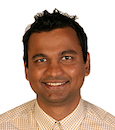
University of Cambridge, UK
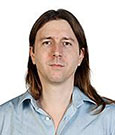
EMBL Heidelberg
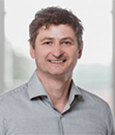
HIRI & University of Würzbrug, Germany
Science, UK
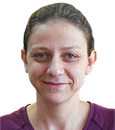
EMBL Heidelberg, Germany
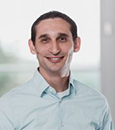
HIRI & University of Würzbrug, Germany
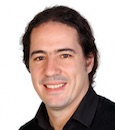
EMBL-EBI Hinxton, UK
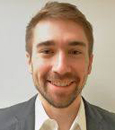
University of Vienna, Austria
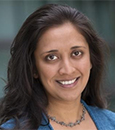
Stanford, USA
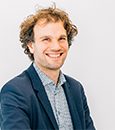
Pasteur, France
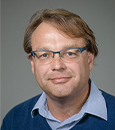
MIMS, Umea, Sweden
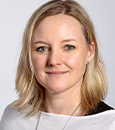
EPFL, Switzerland
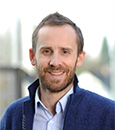
University Hospital RWTH, Aachen, Germany
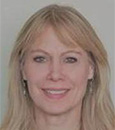
Harvard Medical School, USA
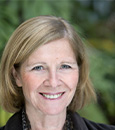
Pasteur, France
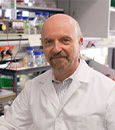
CNB, Madrid, Spain
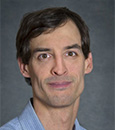
LBL Berkeley, USA
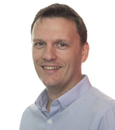
EMBL-EBI Hinxton, UK
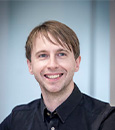
Oxford, UK
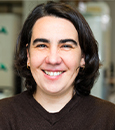
IGC, Portugal
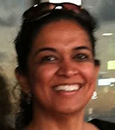
Cell Host & Microbe, USA
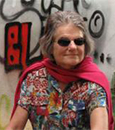
UCSF, USA
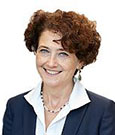
EMBL Heidelberg, Germany
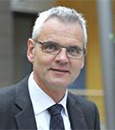
Braunschweig, Germany
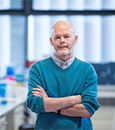
APC, Cork, Ireland
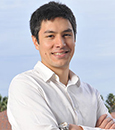
Stanford, USA
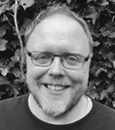
KU Leuven, Belgium
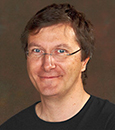
EMBO Press, Germany
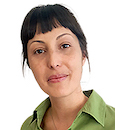
EMBL Heidelberg, Germany
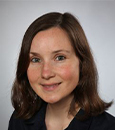
University Tübingen, Germany
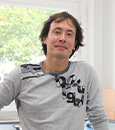
CNRS, Marseille, France
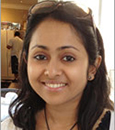
Cell, USA
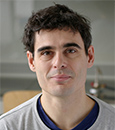
Biological Research Center, Szeged, Hungary
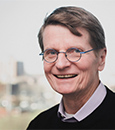
University of Chicago, USA
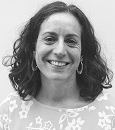
Nature Microbiology, UK
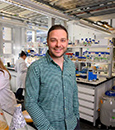
ETH Zurich, Switzerland
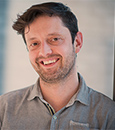
VIB, KU-Leuven, Belgium
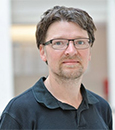
Crick/Charite, UK/Germany
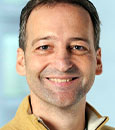
ETH Zurich, Switzerland
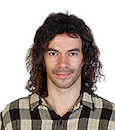
EMBL Heidelberg, Germany
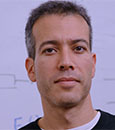
Weizmann Institute, Israel
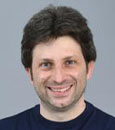
University of Trento, Italy
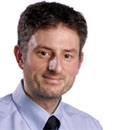
Princeton, USA
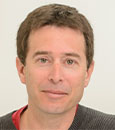
Weizmann Institute, Israel
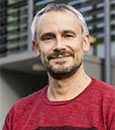
MPI Marburg, Germany
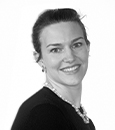
LMU MvP Munich Germany

HZI Braunschweig, Germany
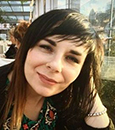
Kåhrström Nature, UK
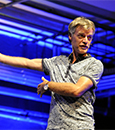
University Lausanne, Switzerland
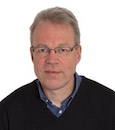
EMBL Hamburg, Germany
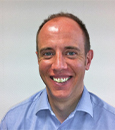
University of Luxembourg, Luxembourg
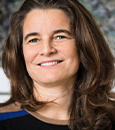
IGC, Portugal
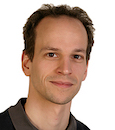
EMBL Heidelberg, Germany
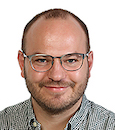
EMBL Heidelberg, Germany
Date:
Location: EMBL Heidelberg
Organisers:
Contact: Maryann Heck